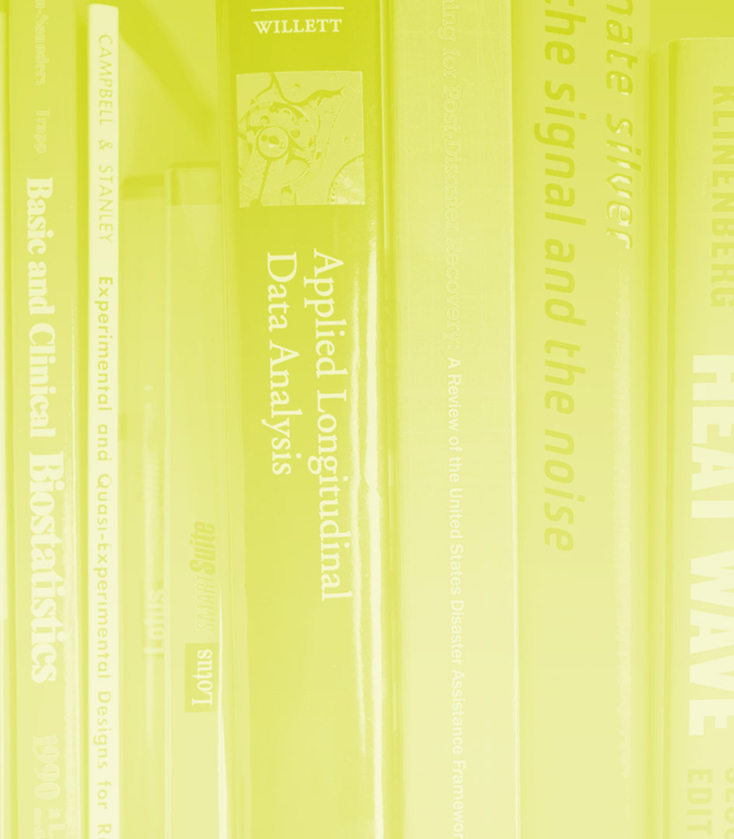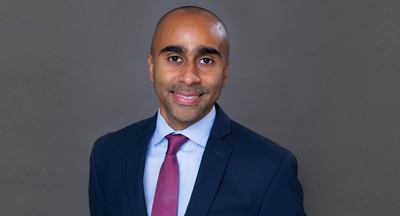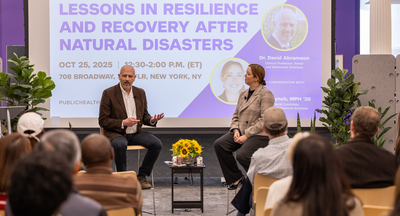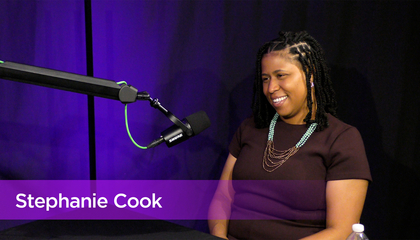Dr. Adolfo Cuevas Receives Early Career Impact Award
December 18, 2025
Three NYU GPH Researchers Among the World’s Most Cited
December 01, 2025
Lessons in Resilience and Recovery After Natural Disasters
October 29, 2025
Explore Our Degree Programs
SBS LED CENTERS & LABS
TRIAL Lab: Tobacco and Nicotine Research: Interventions, Analysis and Longitudinal Studies
May
18
8am-5pm
Click to access event details aboutConference on Intervention Optimization: Science and Practice, Present and Future
Conference on Intervention Optimization: Science and Practice, Present and Future
Bethesda North Marriott Hotel and Conference Center, 5701 Marinelli Rd, Rockville, MD 20852
Co-hosted by the Center for Advancement and Dissemination of Intervention Optimization (CADIO) at NYU and the Data Science for Dynamic Intervention Decision Making Center (d3center) a













